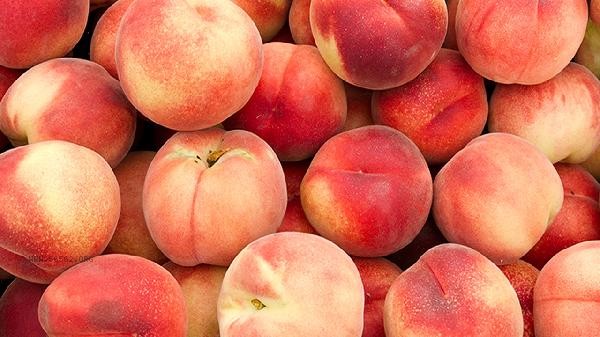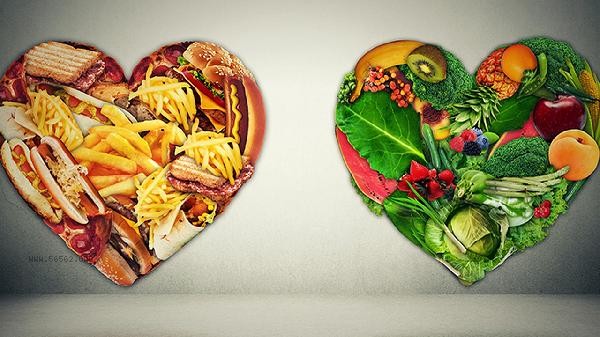Patients with high uric acid levels can reduce their uric acid levels by consuming foods such as cherries, celery, Job's tears, winter melon, and low-fat dairy products. Elevated uric acid is mainly related to abnormal purine metabolism, imbalanced dietary structure, reduced renal excretion, obesity, genetic factors, etc.

1. Cherry:
Cherry is rich in anthocyanins and vitamin C, which can inhibit uric acid production and promote excretion. Research has shown that daily intake of 200 grams of cherries can reduce blood uric acid by about 15%. Fresh cherries or pure cherry juice can be chosen, but processed products with high sugar content should be avoided. 2. Celery: Celery contains a large amount of water and potassium, which has a significant diuretic effect and can accelerate the excretion of uric acid through urine. It is recommended to consume 150-200 grams per day, which can be cold mixed or juiced. Phthalides in celery can also inhibit xanthine oxidase activity and reduce uric acid production.
3. Job's tears:
Job's tears contain coix seed esters, which can improve renal microcirculation and enhance uric acid excretion function. 30 grams of job's tears and japonica rice can be cooked into Congee, and eaten 3-4 times a week. Coix seed also contains various B vitamins, which help regulate purine metabolism.
4. Winter melon:

Winter melon has a water content of up to 96% and is rich in cucurbitacin, which can effectively promote urine formation. It is recommended to boil soup with skin and consume about 300 grams per day. Propanedioic acid in winter melon can also inhibit the conversion of sugars into fat, which is particularly beneficial for obese patients with hyperuricemia. 5. Low fat dairy products: Dairy products such as skim milk and sugar free yogurt contain whey protein and casein, which can bind with uric acid to promote excretion. It is recommended to drink 300ml of low-fat milk or 200g of sugar free yogurt daily. Calcium in dairy products can also prevent uric acid crystal deposition.
In addition to the aforementioned foods, daily water intake should be maintained at 2000 milliliters or more, with priority given to weakly alkaline water. Limit the intake of high purine foods such as animal organs, seafood, and thick meat broth. Moderate aerobic exercise such as brisk walking and swimming, 3-5 times a week, for 30 minutes each time. Avoid excessive exercise that can induce lactate accumulation. The main cooking method is steaming and boiling, reducing the use of oil. When the long-term uric acid level is higher than 420 μ mol/L or accompanied by joint pain, timely medical treatment with medication is necessary. Regularly monitor blood uric acid levels and adjust dietary plans based on examination results.










Comments (0)
Leave a Comment
No comments yet
Be the first to share your thoughts!